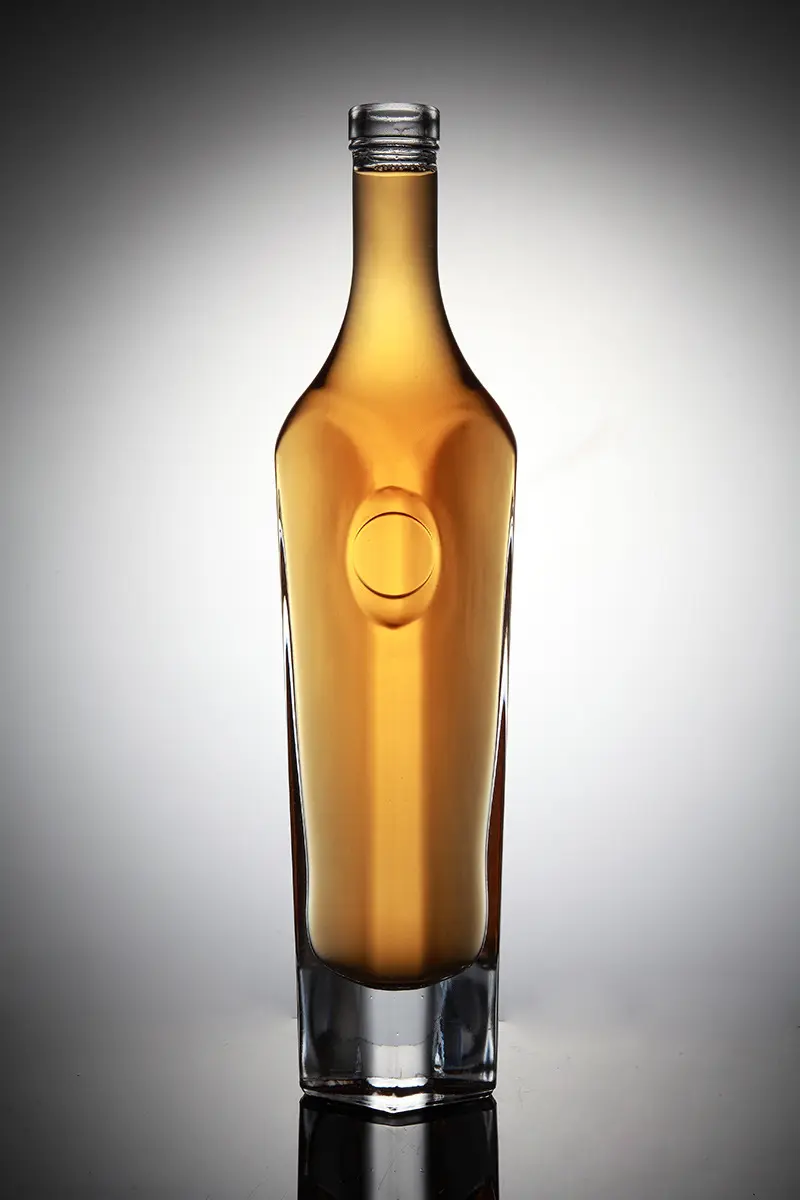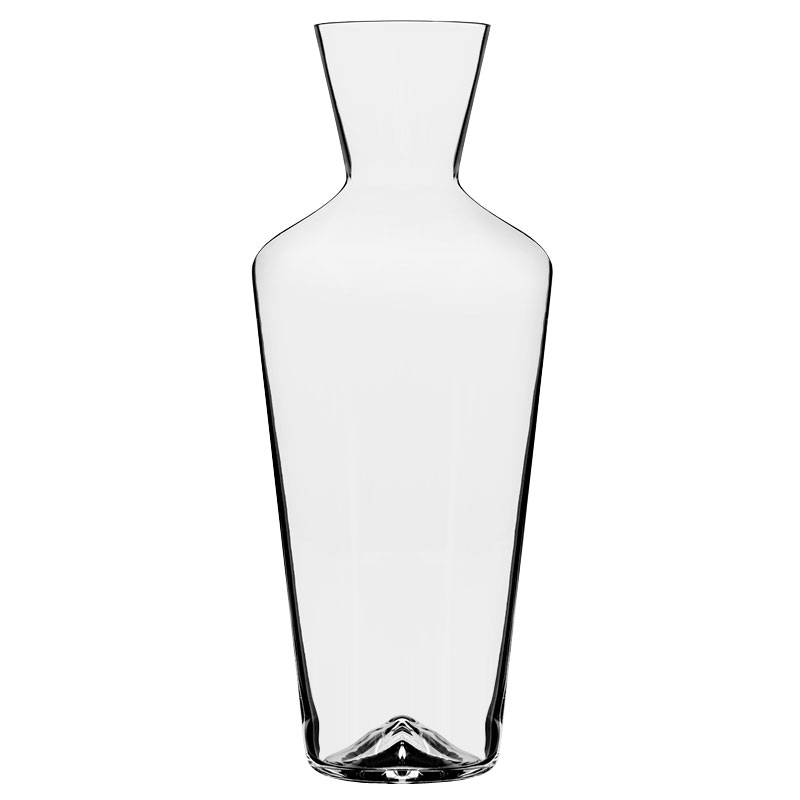Oil bottle glass has a wide range of applications, and its main uses include storing edible oils, condiments, spices, etc. Oil bottle glass not only has good sealing properties but is also easy to clean, ensuring the quality and freshness of the oil. This blog will give you a detailed introduction to olive oil bottle glass.
Olive oil bottle glass, as the name suggests, are glass containers used to hold olive oil. It is a bottle specially designed for preserving and transporting olive oil, usually with a beautiful appearance and practical function. Olive oil bottle glass not only protects the quality of the olive oil but also adds to its beauty, making it a beautiful addition to your kitchen.
The market demand for olive oil bottle glass is increasing year by year, and more and more people are paying attention to the quality and storage methods of olive oil. Olive oil bottle glass is favored by consumers for its environmental protection, safety, durability, and beauty. Valiant, a glass packaging manufacturer with many years of experience, will introduce you to the advantages, purchase guide, use, and maintenance of olive oil bottle glass in detail to help everyone better understand and purchase olive oil bottle glass.
1.Advantages of olive oil bottle glass
1.1 Environmental protection
Olive oil bottle glass has significant advantages in terms of environmental protection. Glass is a recyclable material that can be recycled and reused after disposal to reduce environmental pollution. Compared with plastic bottles, glass bottles do not contain any harmful substances and will not affect the quality of olive oil. At the same time, glass bottles consume less energy and produce relatively less carbon emissions during the production process, which helps achieve green environmental protection.
1.2 Security
In terms of safety, olive oil bottle glass has a high level of security. The glass material is non-toxic, odorless, and will not react chemically with the olive oil, ensuring the quality and taste of the olive oil. In addition, glass bottles have high hardness and good anti-fall properties, which can effectively protect olive oil from external damage such as impact and extrusion, and extend its shelf life.
1.3 Durability
Olive oil bottle glass offers excellent durability. The glass material is strong and wear-resistant and can maintain good sealing performance to avoid olive oil leakage even during long-term use. In addition, glass bottles are not easy to break and can be reused, reducing consumer waste when replacing products.
1.4 Aesthetics
Olive oil bottle glass also has great advantages in terms of aesthetics. The surface of the glass bottle is smooth and easy to clean, which is beneficial for showing the color and quality of the olive oil. At the same time, the glass bottle has high transparency, allowing consumers to intuitively understand the texture and clarity of the olive oil. Designers can also use the shape, texture, and color of glass bottles to add fashion and artistic flavor to products and increase consumers’ desire to buy.
To sum up, olive oil bottle glass has significant advantages in environmental protection, safety, durability, and aesthetics, making it an ideal choice for consumers to store olive oil. With people’s pursuit of healthy and environmentally friendly lifestyles, olive oil bottle glass has broad market prospects and is expected to become the leading product in the packaging industry.
- Olive oil bottle glass purchasing guide
When purchasing olive oil bottle glass, there are several key factors to consider: capacity and bottle mouth design.
2.1 Color selection
Olive oil, flaxseed oil, etc. are edible oils with high polyunsaturated fatty acid content. Polyunsaturated fatty acids are liquid whether at room temperature or refrigerated. This type of grease has poor stability and is easily destroyed. Light, air, and heat will cause it to oxidize and deteriorate. So choose dark glass bottles for storage. In addition, the thickness of the glass bottle is also an important indicator. Thicker glass bottles are more conducive to resisting external impact and protecting the quality of olive oil.
2.2 Capacity selection
The choice of olive oil capacity varies from person to person and can be decided based on family size, eating habits, and frequency of olive oil use. Generally speaking, the capacities of 500ml, 750ml, and 1L are more common. At present, small-capacity olive oil bottles are gradually showing an important position in the market, such as 100ml and 200ml, which are very convenient for dispensing olive oil.
2.3 Bottle mouth design
The bottle mouth design of the olive oil bottle glass is directly related to the ease of pouring and using the oil. The ideal bottle mouth design should have the following characteristics: good sealing performance to prevent oxygen from entering; moderate bottle mouth width to facilitate pouring
oil; and a filter to facilitate filtering impurities. In addition, some bottles are equipped with a rotary switch to control the oil flow and avoid excessive pouring of oil juice.
In summary, when purchasing olive oil bottle glass, you must comprehensively consider four aspects: material, capacity, bottle mouth design, and brand reputation to ensure that you purchase a product that meets your needs and is cost-effective.
- Use and maintenance of olive oil bottle glass
3.1 Precautions for use
When using an olive oil bottle glass, there are some precautions that everyone needs to follow. First of all, to avoid friction between the olive oil and the wall of the glass bottle, resulting in damage to the oil quality, it is recommended that when pouring the olive oil, try to keep the bottle tilted so that the oil flows along the wall into the bottom of the bottle. In addition, try to avoid shaking the glass bottle vigorously to avoid damaging the nutrients in the olive oil.
3.2 Cleaning and maintenance methods
For cleaning olive oil bottle glass, it is recommended to use mild detergent and water. First, dilute the detergent and water in proportion, then use a soft brush to gently scrub the inside and outside of the bottle. Be careful not to use a brush that is too rough to avoid scratching the walls of the glass bottle. After cleaning, rinse with clean water and finally dry with a clean towel.
In addition, you need to check the body and mouth of the glass bottle regularly. If there are stains or damage, they should be cleaned and replaced in time. During use, if the scale is found on the olive oil bottle, you can use vinegar to remove it. Mix vinegar and water in a ratio of 1:1, pour it into the bottle, soak it for some time, and then rinse it with clean water.
3.3 Storage method
How you store your olive oil bottle glass is also very important. First, the olive oil bottle should be placed in a cool, dry place away from direct sunlight. Secondly, try not to expose the olive oil bottle to high or low temperatures to avoid affecting the oil quality. In addition, olive oil bottles should not be stored together with other smelly items to avoid affecting the taste of the olive oil.
Through the above precautions, cleaning and maintenance methods, and storage methods, I believe that everyone has a deeper understanding of the use and maintenance of olive oil bottle glass. Correct use and maintenance of olive oil bottle glass can not only extend their service life but also ensure that the nutritional content of the olive oil is not damaged, bringing everyone a healthy and delicious cooking experience.
Conclusion
All in all, glass bottles offer many advantages for packaging oils. Their non-reactivity ensures the quality of the oil and the preservation of its flavor. Transparency allows consumers to visually assess the quality of the oil. Glass prevents light, oxygen, and moisture, extending the shelf life of your oil. Glass is highly recyclable, making it an environmentally friendly choice. Finally, the glass bottle enhances the beauty of the oil and helps provide a positive consumer experience. Overall, glass bottles are the first choice for packaging oils due to their functionality and aesthetics.














